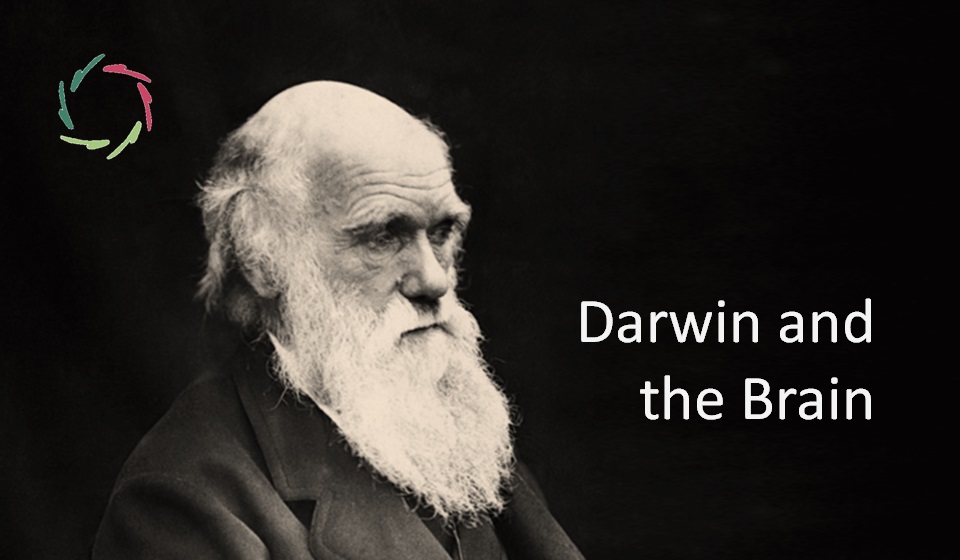(Do Not) Change

There is nothing against change unless there is nothing for change. Change as a purpose by itself may lead to negating the nonconscious (even more).
A superficial change without going in-depth, just for the sake of change
is no change at all.
At least, not the change that I’m talking about in this text. The change as a human, as an organism, as a product of nature. The change that is inner growth.
Merely seeing that the present situation is not as it should be,
one may see the need for change in a negative way: not towards something but away from something. Without understanding why change is needed, one then jumps into change.
This may diminish stress: at least one is doing something. It gives an idea of control, even though it may very well be an illusion of control. The feeling of dis-control, however, is so disconcerting that one may forget common sense. [see: “‘Control’ Is Not the Answer”]
Then change happens, on the basis of misconceptions.
After a while, one (or another) sees that such change does not deliver its promise. Result: disappointment. This leads again to disconcerting feelings… and to change again. The latter may be a leap back to where it began, or even further back.
Like a pendulum in time, one may see a swing from end to end, always going much too rashly in the middle, not taking time to look at what may be there.
And that’s a pity. In many cases, it’s a huge (immense, gigantic) waste of resources. Meanwhile, a change-for-good is not realized.
Both ends of the swinging movement may regard each other as ‘the other side.’ They are them and we are us. So, the pendulum keeps going as one party temporarily wins over the other.
For instance: self-empowerment of employees
Here the pendulum may go from no-empowerment to empowerment-without-support, and back again. As if the ‘empowered’ employees can be controlled into ‘being empowered’ just like that.
We have two camps, shooting at each other.
Both are wrong.
Another example: treating children ‘at their level’
Much has been written about this. Much has been tried and has failed. We’re still not at the end of this.
While the times, they are a-changing. Really? Looking at the pendulum from a distance, it’s the same thing over and over again.
Changing something should be the last option.
Before that, one should do one’s utmost best to keep things as they are. Much can be learned in this process. And rest assured: much will remain that needs change.
Like a thesis and an antithesis and then in the best scenario a synthesis which leads us into a very new direction.
The solution from the middle
The middle of the pendulum movement may be related to nonconscious processing. I think it does so in many cases. The synthesis then lies in a striving towards wholeness, looking at human being as we really are: each of us an ‘I’, not an ‘ego’. [see: “The Story of Ego”]
As long as this is not thoroughly taken into account, all effort may be for naught
in many domains.


